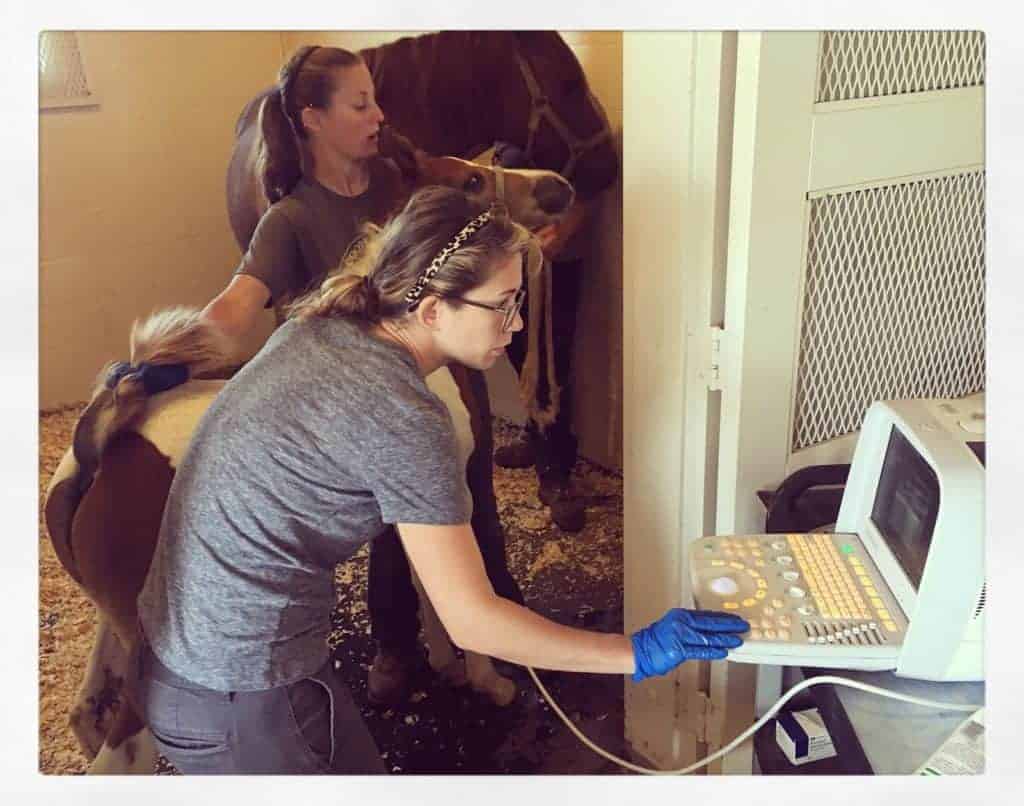
Scientists Take Steps Towards New Strangles Vaccine
The protein-based vaccine protected more than 80% of horses from contracting strangles in a recent study.

The protein-based vaccine protected more than 80% of horses from contracting strangles in a recent study.

The collection includes research on controlling equine influenza, immunology in young horses, herd immunity, and more.

Weanlings turned out with shelter access had no more respiratory issues than those housed in warmer stables during a harsh Finnish winter.

If foals are diagnosed and treated early they generally have a fair to good chance to make a full recovery.

Discuss topics from travel plans to your horse’s age with your veterinarian to help ensure yearlong equine wellness.
The AAEP’s updated guidelines includes newly created guidelines for Rhodoccocus equi.

Both endoscopic techniques provide invaluable information and, in most cases, should be used together, one practitioner says.

Find out how your veterinarian might diagnose and treat this pulmonary disorder, and how you can prevent it.

Learn about keeping OTTBs healthy and happy as they move into new disciplines. We’ll cover feeding, vet care, handling, and more!

A veterinarian offers advice the steps to take if your horse could have been exposed to an infectious disease.

Surgeon Dr. Brett Woodie covers ways vets can identify the causes of upper-respiratory issues in athletic horses.
About 75% of the horses at the facility contracted strangles, and all have fully recovered.
The “Advancement in Equine Research Award” gives $45,000 for infectious disease research.

A technique developed to investigate strangles helped scientists understand the bacteria behind human sore throats.

Cesar is studying neonatal immunology with a focus on R. equi and young foals’ immune responses to it.

Dr. John F. Timoney retired from the UK Department of Veterinary Science in 2016 after 34 years.
Stay on top of the most recent Horse Health news with
"*" indicates required fields